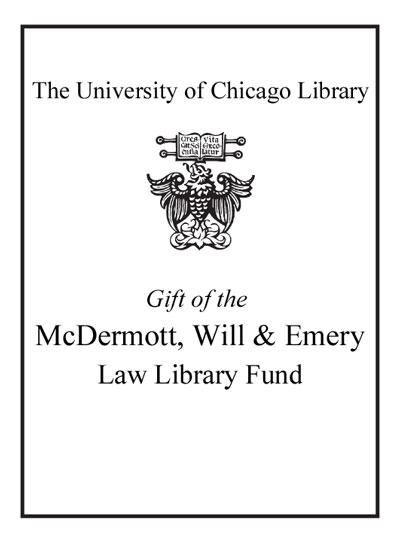Review by Choice Review
The twin paradigms of structural neorealism and neoliberal institutionalism, centered on the assumption of international anarchy, have dominated modern theoretical discourse about international politics. A third interpretation, based in the constitutive and regulative impact of norms and self-identifying values in the creation of an international society of states, has been quietly asserting itself. With this volume, the cultural and sociological institutionalist view achieves maturity, and takes its place as a complementary, if not wholly viable alternative paradigm for international theory. Two exemplary contributions directly challenge the logic of anarchy. Martha Finnemore describes the cultural and normative evolution of pro-Christian, then antislavery state policy en route to an internalization of humanitarian intervention after 1945. Alastair Johnston shows how various ideational influences better account for consistency in the context of Chinese politics. So well presented are all these arguments that no future discussion in international relations theory can ignore the contributions of this approach, and no serious theoretical study will be complete without numerous citations to this edited volume. Upper-division undergraduates through faculty. E. C. Dolman; College of William and Mary
Copyright American Library Association, used with permission.
Review by Choice Review

